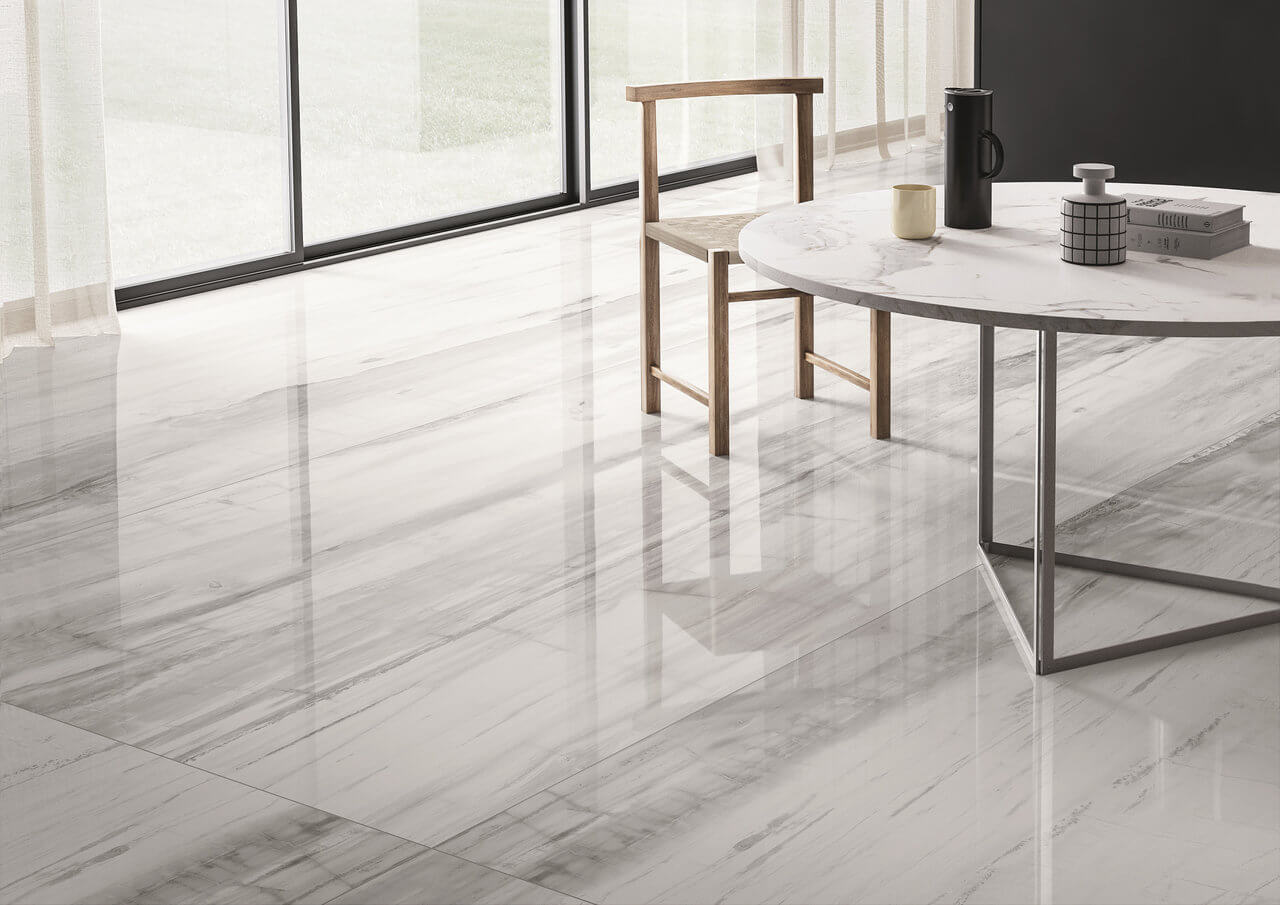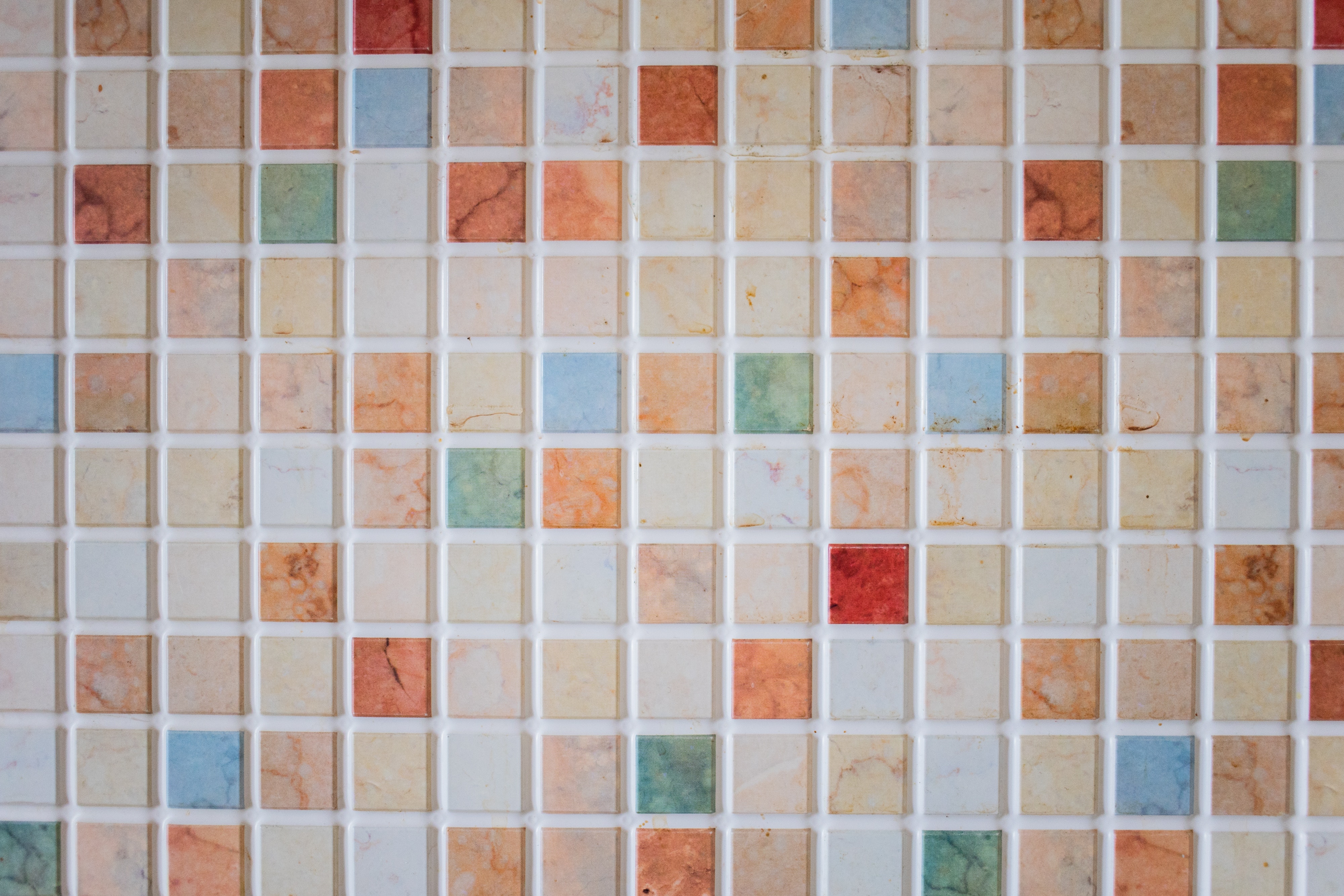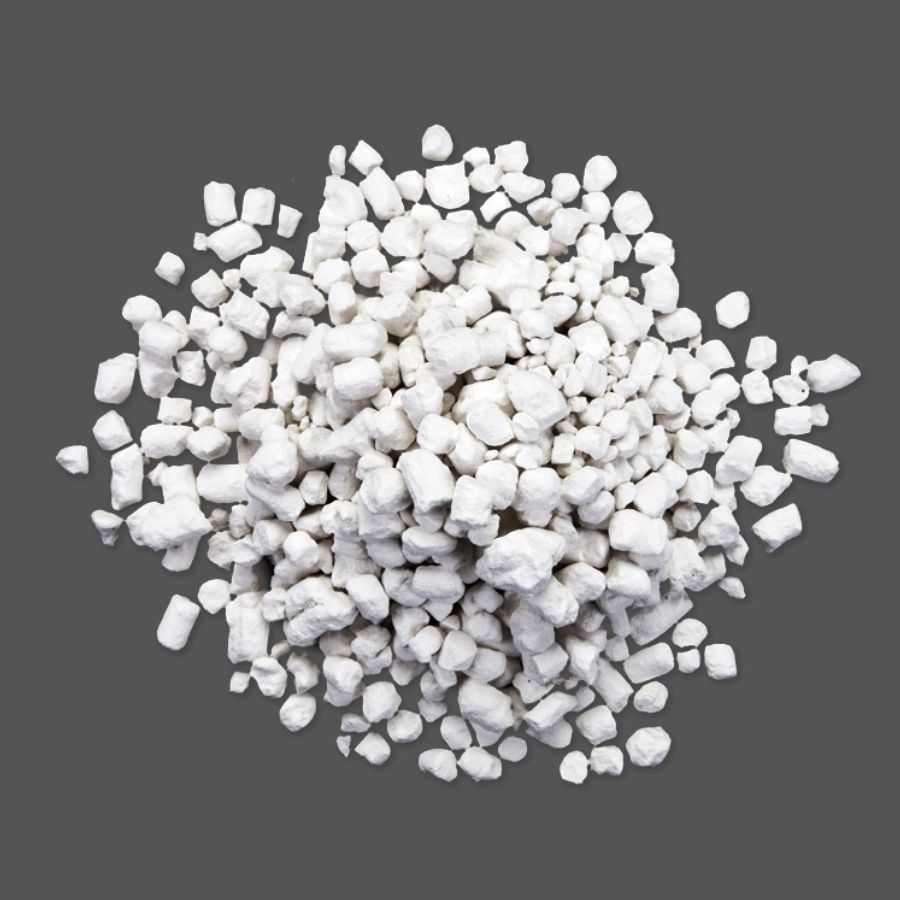Kaolin Mineral for Tiles Manufacturing
26, Aug 2022
Kaolin, also known as kaolinite, is a naturally occurring clay mineral mined across several regions of India such as Gujarat, Rajasthan, Kerala, West Bengal and Jharkhand in India. It occurs in powder form & has a soft texture.
It is used in various industrial applications, from ceramics, paints and pigments to cosmetics, pharmaceuticals and agricultural products. Kaolin mineral boosts the production volume while lowering costs, especially in ceramic industries.
One of the most prevalent industrial uses of kaolin is in manufacturing ceramics, porcelain ware and floor or wall tiles. It adds flexibility and strength during the manufacturing process of porcelain or ceramic and can be used both as filler or the main body compositions of white ceramics production.
The white color is formed mainly from the natural property of kaolinite as it has low iron content. Kaolin characteristics are similar to residual or primary clay which has coarse-grained properties.
Kaolin clay has a high fusion temperature and is naturally bright white. This makes it useful for manufacturing pure white ceramics, porcelain, china, sanitary ware and kaolin pottery. It is also popularly known as china clay.

Kaolin is also used in the manufacturing of ceramic & porcelain tiles. Let us explore this use of the Kaolin mineral for tiles in detail.
It is added to ceramic tiles mixture as it can improve the color quality of the products due to very low iron content and titanium ions. That is one reason why ceramic tiles containing kaolin are so popular.
Use of Kaolin Clay in Tiles Manufacturing
Porcelain tiles use kaolin clay as the starting material. In porcelain making, the clay tiles are burned at 2,200 to 2,500 degrees Fahrenheit and glazed ceramic tile is burned under 2,000 degrees Fahrenheit. The burning process is to strengthen the tiles so that they will not easily crumble when it is submerged underwater. Finally, layering is done by printing the tiles. The result is heavy and dense tiles.
Kaolin tiles have gained a lot of popularity due to their smooth texture.
They are not just a construction material but add a sense of sophistication & class to the space. It mimics natural stone, making this type of tile quite popular in the market.

To produce the best ceramics on a commercial scale, kaolin can be mixed with several different minerals.
1. Stoneware Clay
Kaolin is combined with feldspar for the creation of industrial ceramics. Stoneware is a type of sedimentary clay that comes in a variety of varieties and is very flexible and easy to dry. This material is widely used alongside acid and alkali-resistant materials in tiles, art ceramics, and pipes.
2. Earthenware Clay
An everyday clay called earthenware is used to make pottery, striped pots, and construction bricks. Iron oxide is present in large amounts. Due to its high sand content, some earthenware has a flexible texture, while others are a little more fragile.
When this clay is burned, it turns yellow, orange, red, brown, or black. The amount of iron oxide present in the mineral and the high combustion temperature affect the colour.

3. Silica
This substance is crucial for minimizing cracks during the drying process. It shortens the burn process and raises the standard of the finished product. Silica plays the most important role as the core material in the combustion process.
Flint is another type of silica used in the manufacture of ceramics. This material is extremely pure and has a delicate texture. To prevent cracking, flint is frequently used during the glazing process.
4. Feldspar, Lime, and Magnesite
Feldspar melts and creates a glass when the basic materials for ceramic production are fired, which causes the clay particles and other components to adhere to one another.
Lime and magnesite, which primarily include calcium and magnesium carbonates, are employed in small amounts as fusing agents in the manufacture of glassware. But, to improve the outcome, manufacturers may blend this substance with premium kaolin.
5. Alumina and Talc
Both of these minerals are used in several industries such as construction, paper & paints, agriculture, etc. Talc is majorly used in ceramic tiles and sanitary ware manufacturing for both traditional and commercial products.
It improves vitrification, allowing manufacturers to lower firing temperatures and shorten firing cycles.
High-grade kaolin plays a crucial role in the creation of ceramics, especially for industrial applications. We are extremely confident in our offering of Kaolin mineral as we understand how Kaolin can optimize performance and reduce costs.
Connect with us to get exclusive quotes for Kaolin today and reduce your manufacturing cost!
Wondering where to begin?


 Address:
H42C & H43F, RIICO Industrial Area, Chirawa, Rajasthan 333026
Address:
H42C & H43F, RIICO Industrial Area, Chirawa, Rajasthan 333026 +91 637 797 0211
+91 637 797 0211